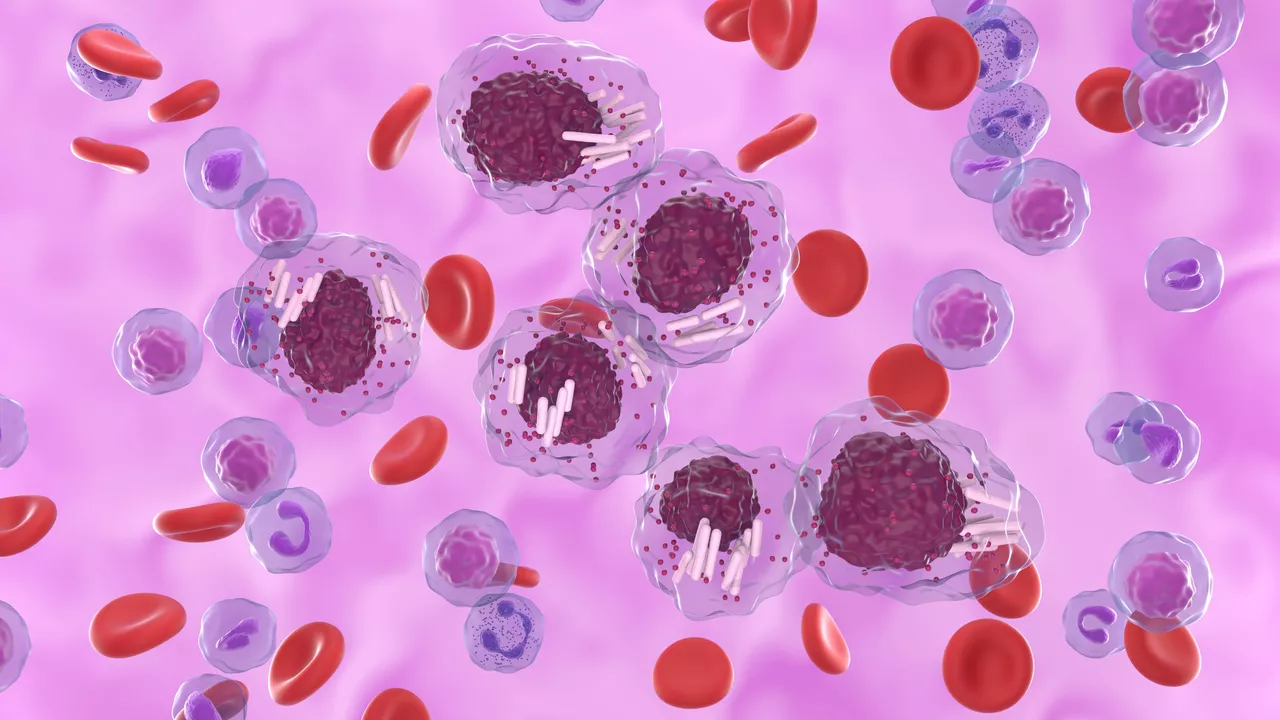Chronic Lymphocytic Leukemia (CLL): A Clear Guide
If you've heard about chronic lymphocytic leukemia – or CLL – it might sound overwhelming at first. But understanding it doesn’t have to be complicated. CLL is a type of blood cancer that mainly affects white blood cells called lymphocytes. These are part of your immune system, which usually helps fight infections.
In CLL, the body makes too many abnormal lymphocytes that don't function properly and crowd out healthy blood cells. This can lead to symptoms like feeling tired all the time, swollen lymph nodes, frequent infections, or easy bruising and bleeding. Sometimes people don't notice symptoms right away, and CLL gets found in routine blood tests.
Spotting the Signs and Getting Diagnosed
One tricky part about CLL is that it often grows slowly. Some folks might live many years without needing treatment, while others may face more aggressive forms. If you or your doctor suspect CLL, blood tests and sometimes bone marrow biopsies help confirm the diagnosis. Imaging tests like CT scans can check if lymph nodes or organs are swollen.
Knowing the stage and specific features of CLL helps doctors decide the best way to manage it. Your healthcare team might also perform genetic tests on the cancer cells to predict how the disease will behave and which treatments could work better.
How Is CLL Treated?
Not everyone with CLL starts treatment right away. Doctors often watch patients carefully and begin therapy only if symptoms get worse or if blood counts drop dangerously low. When treatment is needed, options include targeted drugs that attack cancer cells, chemotherapy, or immune therapies that boost the body's ability to fight the disease.
New medicines approved in recent years have changed how doctors approach CLL, letting many people manage it like a chronic condition rather than a fast-moving cancer. Still, it’s crucial to stay in regular contact with your medical team, watch for new symptoms, and adjust treatments as needed.
Living with CLL brings its challenges, but having solid, clear info makes a big difference. If you're curious about managing CLL or want the latest updates, keep exploring trusted sources. After all, knowing your condition helps you take control and work closely with your healthcare providers for the best outcomes.
